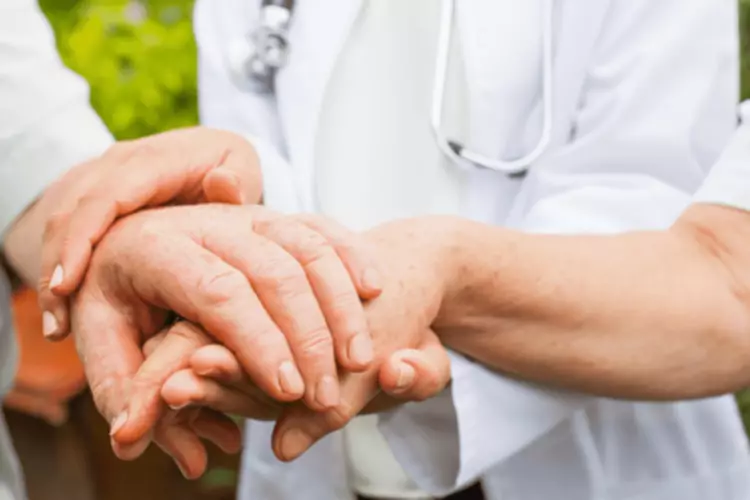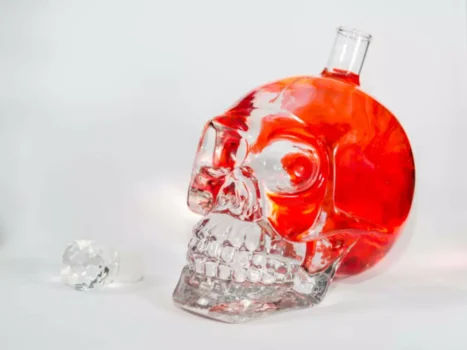
And if you find that hangovers are affecting your work or relationships, talk to your doctor about your drinking. Hangovers tend to occur after heavy alcohol consumption. But you can have symptoms after consuming just one or two drinks the night before, while other times, you might not experience a hangover even after consuming large amounts of alcohol. These symptoms include dehydration, depression, headache, anxiety, appetite suppression, difficulty concentrating, nausea, and sleepiness. The severity of a hangover is determined principally by the number of drinks taken but can also be affected by the type of alcohol used, the genetic makeup of an individual, and an individual’s sex.
Products & Services
Alcohol abuse can cause health problems, as well as social, interpersonal, and work issues. Because alcohol affects the liver, and Tylenol (acetaminophen) is metabolized by the liver, it is not recommended to take acetaminophen or medications that contain acetaminophen during a hangover. With alcohol ingestion, the effects on the liver are how long can a hang over last generally long term effects that are not noticeable until years of liver damage have caused liver failure. In some instances, however, delayed short term effects can be symptomatic. While there are differences in how people experience hangovers, these differences are not understood and are not related to resilience or alcohol tolerance.

What causes hangovers?
Often, intravenous (IV) fluids can help alleviate the symptoms. But sometimes severe issues, such as vomiting or coughing blood need to be addressed with https://ecosoberhouse.com/ more intensive medical attention. These effects can begin while you are still drinking, and can last for longer than the typical effects of a hangover.
How long do hangovers last? Plus, why yours could be getting worse with age according to an NHS GP

Hangover symptoms don’t need to be caused directly by alcohol. Dehydration is often one of the most common reasons we tend to feel unwell after drinking, as a study from Kyushu Dental University explains. You’ll get a hangover if you drink too much alcohol, but ‘too much’ is different for every person. It all depends on how quickly your liver can process ethanol, the chemical name for alcohol. If you’re 21, your ability to detoxify alcohol is different than if you’re 40 (or even 28), says Dr. Pedre. “As we get older, our cells age, and we might not be able to process toxins as we did when we were younger,” he says.

A different herb that goes by a similar name, Siberian ginseng extract, also improved hangover symptoms like headache, dizziness, and stomachache. But the Siberian type isn’t the ginseng used in Chinese medicine. How much you need to drink to cause a hangover depends on many factors. Some people may only need one or two drinks to get drunk and feel hungover the next day.

Symptoms and Causes
- Plus, alcohol can also lead to the development of polyps (benign growths) in the colon that have the potential to turn into colorectal cancer,’ says Dr Tang.
- Research has not found a correlation between the extent of electrolyte disruptions and the severity of hangovers, or the impact of added electrolytes on hangover severity.
- Age can play a role in the duration of a hangover, as the liver can slow as a person ages.
- There are several factors that contribute to a hangover.
“There aren’t many strong scientific studies into the reasons why hangovers worsen with age, but it’s likely that many different factors are involved,” says Dr Gordon. This, the study explains, is because alcohol suppresses the production of melatonin in the body by up to 19%. Drinking a litre of water before bed will certainly help, but when we lose liquid we actually lose electrolytes. These, research from The Union Memorial Hospital explains, are responsible for maintaining chemical reactions in the body, including impulse responses and muscle contractions, and balancing fluid levels. To rebalance them, you could drink a sports drink like Lucozade or Powerade, or use a rehydration powder.
In one small study, taking Phyllanthus amarus extract twice a day for 10 days helped lower blood alcohol levels, ease hangover symptoms, and improve mood in regular drinkers. A hangover is usually caused by excessive drinking (drinking to intoxication). The typical course of a hangover is that it begins after the symptoms of intoxication have worn off.
It’s also good to know the difference between alcohol poisoning and hangovers, though alcohol poisoning symptoms usually show up while you’re drinking, not the day after. Drinking to ease the symptoms of a hangover is sometimes called taking the hair of the dog, or hair of the dog that bit you. The notion is that hangovers are a form of alcohol withdrawal, so a drink or two will ease the withdrawal. However, the hair of the dog just perpetuates a cycle.
- There are some reports online of them lasting for up to 3 days, but we can’t find much evidence to back this up.
- If you don’t already drink coffee regularly, don’t down a cup in hopes of relieving your hangover.
- If you’re not sure which OTC nausea treatment to choose, consider speaking with a pharmacist.
- Hangovers tend to go away on their own, even if you don’t do anything.
- This will help keep you hydrated and, since you would be drinking so much liquid, it may inadvertently keep you from drinking too much alcohol.
Although it’s natural to feel nauseous while hungover, it’s a good idea to be aware of dehydration symptoms. Get medical help if you can’t stop vomiting or if you suspect you’re dehydrated. However, if you can’t keep water down or if you’re unable to stop throwing up after 24 hours, it’s a good idea to get medical attention. It’s also important to get medical help if you have dehydration symptoms. Some people might feel nauseous for a day or longer.
Just wondering…why are hangovers even a thing?
- Hussain Abdeh, Superintendent Pharmacist at Medicine Direct, suspects it is unlikely even the worst hangovers can last longer than a day.
- It may be to blame for hangover symptoms like crankiness, headaches, nausea, and fatigue.
- Ideal for helping the liver to process the after-effects of too much alcohol, Take before you get the party started to line your stomach and protect your liver from the worst effects.
- Darker liquors, such as bourbon, have substances called congeners.
- Some people take pain relievers to prevent hangover symptoms.
Obviously, not drinking any alcohol is the best solution. But if you do drink, here are simple tips to help prevent and relieve the misery. Drinking interferes with brain activity during sleep, so a hangover may be a form of sleep deprivation. Alcohol scrambles the hormones that regulate our biological clocks, which may be why a hangover can feel like jet lag, and vice versa. Alcohol can also trigger migraines, so some people may think they’re hung over when it’s really an alcohol-induced migraine they’re suffering. While you wait for your hangover to end, try to rest and drink plenty of hydrating fluids.

